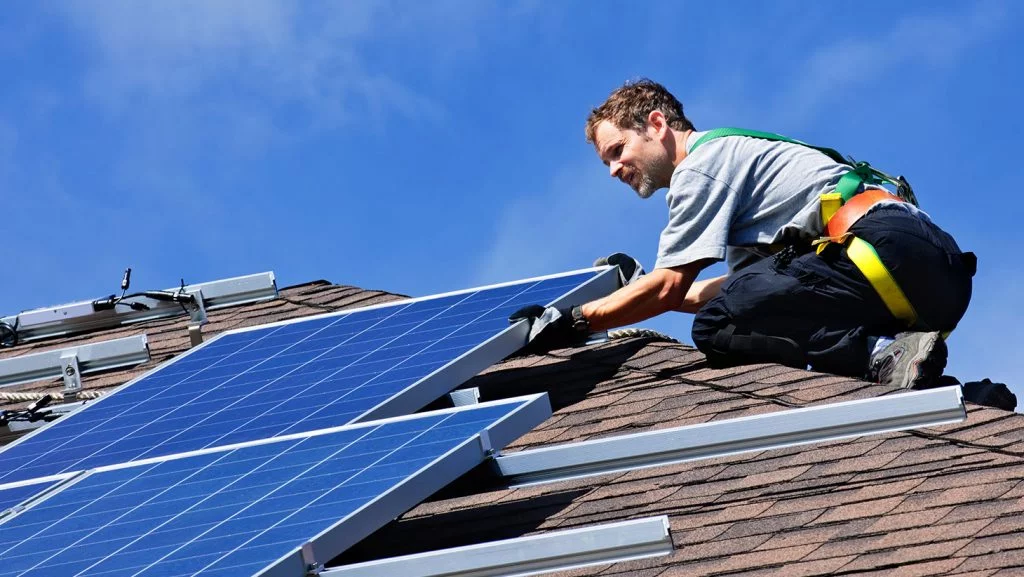MONROE, Ga. – Would you buy a new car from a door-to-door seller? For most of us, the answer is “No.”
Because of the amount of money involved, it doesn’t make sense to purchase a rooftop solar system for your home that way, either. But it’s happening in our local communities right now. Sadly, many times that business deal ends in heartache.
“This isn’t something you should do on a whim,” says Greg Brooks, Walton EMC’s community and public relations director. “Don’t let anyone pressure you into paying out this kind of money if it’s not something you’re completely sure about.”
Out-of-state companies are sending door-to-door salespeople promising unrealistic and unachievable results from installing solar systems. These systems can end up costing as much as three times more than what local, reputable installers charge.
“When something goes wrong, these companies are usually long gone,” says Brooks. “You’re stuck with a big payment and useless system.”
Because of the way the sales contracts are often written, homeowners are obligated to pay even if the solar system generates no power.
Solar systems are not right for every home. The direction the home faces, the amount of shading from trees, whether the home is owned or rented, and the length of payback all go into the decision-making process.

“You should go about buying a rooftop solar system the way you go about any other large purchase,” says Brooks. He offers these tips for a happy buying experience:
1. Do your research. Learn the basics of how these systems work. Read what others are saying about the performance of their solar arrays. See what the average system costs homeowners in your area.
2. Seek out local established solar companies and get multiple bids. Ask for references from the companies’ customers. Find out how long the company has been in business.
3. Check out each company’s Better Business Bureau rating. Also, Google the company name plus the word “reviews.”
4. Ask to see the installer’s license and insurance.
5. Ask for a copy of the engineering calculations and drawings made specifically for your home.
6. Find out if you’ll be leasing or purchasing the solar system. Get a firm estimate of the total cost including labor, equipment rental, materials, electrical components, shipping and sales tax.
7. Make sure the system has a reasonable payback period. If it’s 20 years, the system will probably need to be replaced before it pays for itself.
8. Contact your electric utility before you commit. Find out the utility’s requirements for connecting your system to the grid. Ask what you’ll be paid for any energy you sell back to the utility. Unscrupulous installers greatly inflate this number.
9. Stop and read the entire contract before you sign. Ask about the length of the warranty and what it covers.
“We hate to see our customer-owners being taken advantage of,” says Brooks. “Because we have 85 years of experience in the energy business – including solar energy – we hope they’ll trust us to help them make the right decision.”
Walton EMC is an innovative, customer-owned and focused electric utility serving accounts in 10 Northeast Georgia counties between Atlanta and Athens. In its long history of meeting customer-owners’ needs, the cooperative established successful natural gas and security subsidiaries as well as nationally recognized residential consumer and commercial customer choice solar initiatives. For more information, visit waltonemc.com.
# # #
